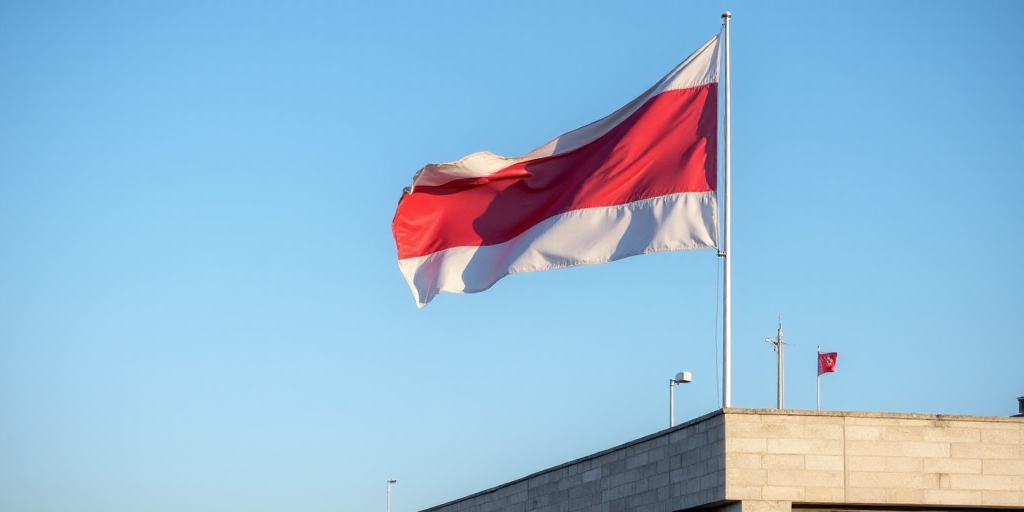Which Countries Recognize or Want to Recognize a Palestinian State?
Approximately three-quarters of the United Nations’ 193 member countries already recognize the Palestinian state, with at least 145 nations acknowledging it. Recently, the United Kingdom, Canada, Australia, and Portugal joined this list, while France is set to do the same during the UN General Assembly meeting. Other countries like Belgium, Luxembourg, Malta, and Finland may also join this movement. Russia, all Arab countries, nearly all African and Latin American nations, and most Asian states, including India and China, are part of this support group. Argelia was the first to recognize the Palestinian state in 1988, shortly after its self-proclamation by Yaser Arafat, the leader of the Palestine Liberation Organization (PLO). Over the years, many countries followed suit, with a second wave of recognition occurring by late 2010 and early 2011.
Which Countries Do Not Recognize a Palestinian State?
At least 45 countries, led by the United States and Israel, do not recognize a Palestinian state. Israeli Prime Minister Benjamin Netanyahu’s government firmly rejects the idea of a Palestinian state, and in July 2024, the Israeli Parliament voted against its creation. Exceptions in Americas include Panama; in Asia, Japan, South Korea, and Singapore; in Africa, Cameroon; and in Oceania, most countries. Europe is the most divided continent, with nearly half of its nations not recognizing a Palestinian state. Until mid-2010, only Turkey and former Soviet bloc countries recognized Palestine. However, Italy, Germany, Hungary, and the Czech Republic now consider there is no bilateral recognition. The symbolic and political significance of the recognition has changed the landscape, with Norway, Spain, Ireland, and Slovenia following Sweden’s lead in 2024.
What Does Recognition of a State Mean?
According to Romain Le Boeuf, a scholar at the University of Aix-Marsella, recognizing a state is “one of the most complex issues” in international law, sitting between politics and jurisprudence. There is no official registry of recognitions, so the Palestinian Authority includes any actions it deems recognition in its list subjectively. Other states may claim recognition without providing substantial justification, leading to almost total subjectivity.
However, international law is clear that recognition does not create a state, nor does the lack of recognition prevent a state’s existence. The necessary elements for a state are territory, population, and independent governance.
While the scope of recognition is largely symbolic and political, three-quarters of countries assert that Palestine meets the necessary conditions to be a state, emphasizing its equal standing with Israel under international law.
Key Questions and Answers
- Which countries recognize or want to recognize a Palestinian state? Approximately three-quarters of the United Nations’ 193 member countries already recognize the Palestinian state, with at least 145 nations acknowledging it. Recently, the United Kingdom, Canada, Australia, and Portugal joined this list, while France is set to do the same during the UN General Assembly meeting. Other countries like Belgium, Luxembourg, Malta, and Finland may also join this movement. Russia, all Arab countries, nearly all African and Latin American nations, and most Asian states, including India and China, are part of this support group.
- Which countries do not recognize a Palestinian state? At least 45 countries, led by the United States and Israel, do not recognize a Palestinian state. Israeli Prime Minister Benjamin Netanyahu’s government firmly rejects the idea of a Palestinian state, and in July 2024, the Israeli Parliament voted against its creation. Exceptions in Americas include Panama; in Asia, Japan, South Korea, and Singapore; in Africa, Cameroon; and in Oceania, most countries. Europe is the most divided continent, with nearly half of its nations not recognizing a Palestinian state.
- What does recognition of a state mean? Recognition of a state is complex and sits between politics and jurisprudence. There’s no official registry, so the Palestinian Authority includes any actions it deems recognition in its list subjectively. Other states may claim recognition without providing substantial justification, leading to almost total subjectivity. However, international law is clear that recognition does not create a state, nor does the lack of recognition prevent a state’s existence. The necessary elements for a state are territory, population, and independent governance.






